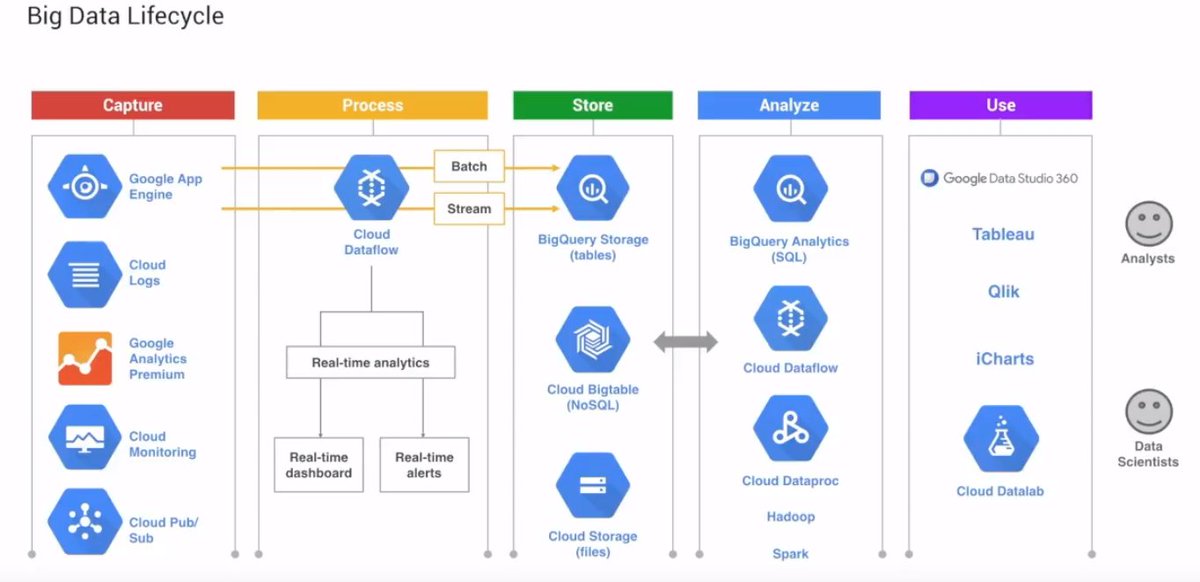
Warming to his task, Prof Watts continues: “If Google’s AI algorithms mistakenly conclude I am a terrorist and then pass this information on to national security agencies who use the information to arrest me, hold me incommunicado and interrogate me, will Google be accountable for its negligence or for contributing to my false imprisonment? How will it be accountable? If I am unhappy with Google’s version of accountability, to whom do I appeal for justice?” Does it mean accountable to “people” in general? Or just to Google’s people? Or to someone else’s people (like an independent regulator)? Answer comes there none from the code. In an admirable dissection of the fourth of Google’s “principles” (“Be accountable to people”), for example, Prof David Watts reveals that, like almost all of these principles, it has the epistemological status of pocket lint or those exhortations to be kind to others one finds on evangelical websites. That charitable thought is unlikely to survive even a cursory inspection of what is actually going on here. Given that the tech giants, which have been ethics-free zones from their foundations, owe their spectacular growth partly to the fact that they have, to date, been entirely untroubled either by legal regulation or scruples about exploiting taxation loopholes, this Damascene conversion is surely something to be welcomed, is it not? Ethics, after all, is concerned with the moral principles that affect how individuals make decisions and how they lead their lives. No less a source than Gartner, the technology analysis company, for example, has also sussed it and indeed has logged “data ethics” as one of its top 10 strategic trends for 2019. But it turns out that I was not alone in noticing this trend. At first, I thought that the accumulating stack of references was just a reflection of journalistic scepticism and my suspicious temperament.
#GOOGLE SEARCH BIG DATA GUARDIAN SOFTWARE#
I’ve been tracking this obsession for a while, tagging every instance of it that I found on the web with the software I use for keeping track of memes. Google has published a set of “ AI principles” and the other day followed up with an external advisory council “to help advance the responsible development of AI”. Consortiums of tech companies have set up initiatives such as the Partnership on AI (motto: “The best way to ensure a good future for AI is to invent it together”). The Department for Digital, Culture, Media and Sport, for example, is setting up a Centre for Data Ethics and Innovation. Everyone and his dog is now publishing data-ethics guides, codes and pious exhortations. Suddenly, wherever you look, data ethics has become the obsession du jour of governments, tech companies and regulators. This one, interestingly, is driven by fear, though you’d never guess that from its cover story, which is that it’s all about “ethics”, specifically the ethics of using (and, more commonly, abusing) personal data. Traditionally, such frenzies are driven by greed.

We're happy to let you know that Bulk data exports are now available to everyone.Y ou may not have noticed it, but there’s a feeding frenzy under way in the tech world. Update: On February 28th, Google opened up this feature to all: More details on Search Console export options over here. Note, the anonymized queries are not included in this export.

Check the Help Center for a step-by-step guide," Google wrote. "To configure a new report, you'll need to prepare your BigQuery account to receive the data and set up your details in the Search Console settings. Google said that this feature is useful for large sites with many brand or other unusual queries that are beyond the 50,000 daily row limit of the API, and performance data for large sites, which can reach gigabytes within months. The data is exported to Google BigQuery, where you can run SQL queries for advanced data mining and other data analytics. This is a daily export and includes all the daily data used by Google Search Console to generate the Search Console performance reports you see in the web interface. You can initiate a daily export of all your Google Search Console property performance data to BigQuery using this new feature. Daniel Waisberg from Google said on Twitter, "I have been dreaming about this for a long time, so excited to see it live." Google has just added a new feature to export your data in bulk, on an ongoing basis, from Google Search Console to Google's BigQuery.


 0 kommentar(er)
0 kommentar(er)
